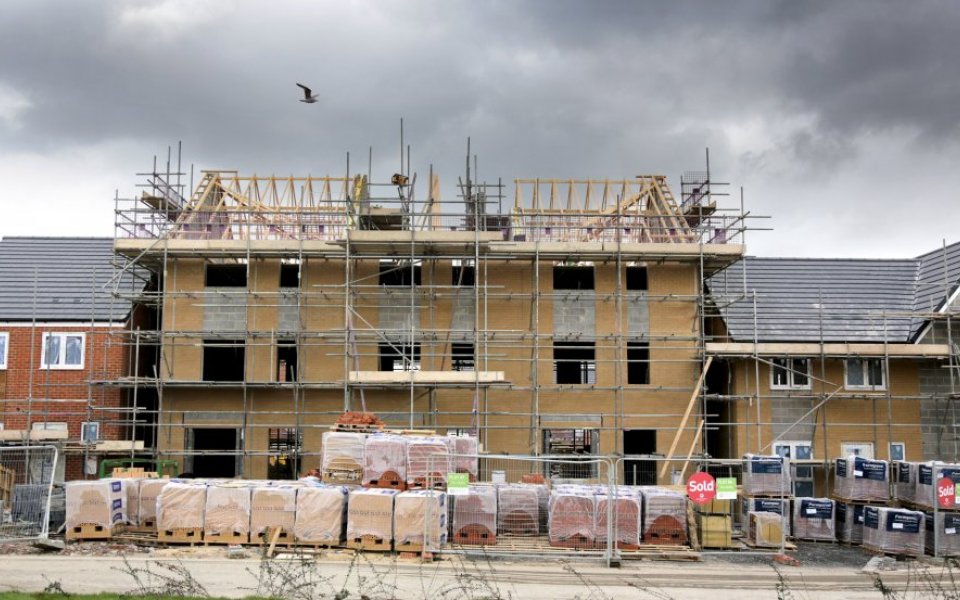London house prices: First-time buyers using help to buy to purchase London properties could face trouble if the bubble bursts

When markets are in turmoil, the natural inclination is to turn to safer assets – and what, in our collective wisdom, is safer than houses? People always need a place to live, the rationale goes, and they always find a way to pay.
But rather than taking a big punt on housing, many hedge funds have started shorting property companies, particularly those with an exposure to London. Is it, as some cheeky analysts at Jefferies have pondered, merely a response to the release of The Big Short – a film about the US sub-prime collapse? Or is London's housing market finally reaching the point of no return?
There are plenty of reasons to believe that property in the capital is teetering on the brink. Mortgage lending is at a seven-year high – still well below the 2007 peak, but enough to give some people jitters. We've even seen the return of the interest-only mortgage.
Meanwhile the average price of a London property stands just shy of £600,000, driven by under-supply, strong overseas demand, easy access to credit, and government schemes that don't tackle the problem and merely propel house prices further upwards.
Changes to buy-to-let mortgages, far from dampening the market, appear to be feeding through to tenants and pushing up rental costs. The fact that wonks in Whitehall missed this as an obvious (albeit unintended) consequence shows just how far removed they are from the problem.
Some will have heralded the news that 15,000 first-time buyers rushed to register for the Tories' extension of help to buy in London. But many others will warn this is the same credit-fuelled trap we found ourselves falling into last decade. The reality is that many of these would-be home-owners are the ones who will find themselves struggling if – or once – the bubble bursts.
Yes, London has a supply problem, and no, those people are not going anywhere. Record low interest rates still have plenty of time to run – or so it feels right now. When rates eventually start to rise, and they will, many people who have stretched to get a toe on the ladder will find themselves struggling to cling on.